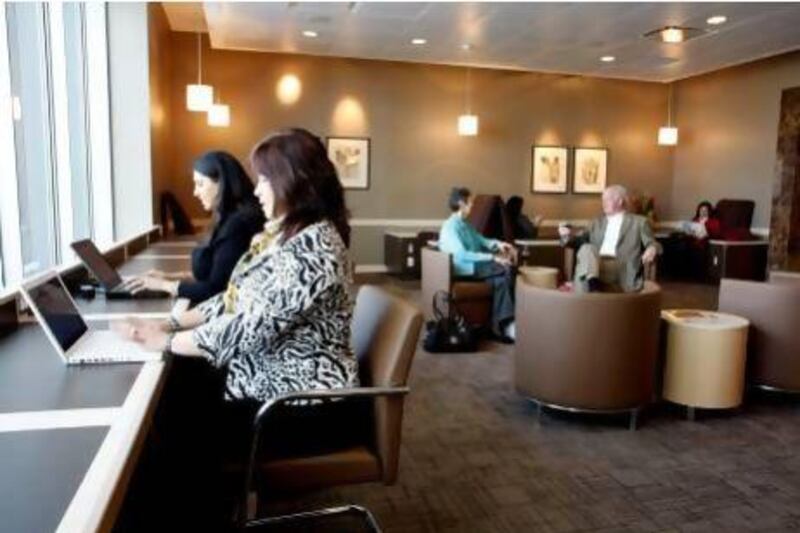Remember back when online social networking was just for fun? You know, the days when everyone wrote their Facebook status updates in the third person: “David is … writing an article about social networking”. Back then, LinkedIn was just a website that had somehow got hold of your email address and decided to email you several hundred times a week. As for Twitter, Google+ and Pinterest: not even on our radar (or those of their creators, most likely).
So what’s changed? If you live part of your life online, then the answer to that is: since Facebook was founded in 2007, quite a lot. Since LinkedIn was founded in 2002, pretty much everything. One signal and symptom of that change? Social networking isn’t only for fun anymore. Today, it’s a serious business.
That was brought into sharp focus recently, when American Airlines announced that passengers with a Klout score of 55 or more will gain access to its network of premium lounges all around the world. Klout (www.klout.com) is an online platform that aggregates information across your social media accounts and comes up with a score that measures your influence. The average Klout score is 40, so those managing a 55 are significantly more influential across social media than your average user.
Klout has partnered with other brands in the past – from Sony, to Nike, to Disney – to deliver rewards to users with high scores. But there’s something so potent about the premium airport lounge as a signal of social status that really drives home just how the game that was social networking – creating content, making connections, getting “likes” – has become much more than just a game.
Indeed, today it’s not unusual – particularly in marketing, media and the tech start-up sector – to hear of Klout scores being raised in job interviews. “What does your Klout score say about you?” asked Wired magazine recently. “Should your boss care about your Klout score?” asked the Harvard Business Review.
And Klout is not the only route that popular social networkers can take to a better offline life. Via the advertising platform Instagrid Network (www.instagridnetwork.com), popular Instagram users are now being paid by brands to share branded content with their followers: “Hey, you love looking at pictures of me and my cool life; well, here I am wearing a Lacoste T-shirt.”
Really, all this is one more signal of the increasingly blurred boundaries between the lives we live in the digital space and the lives we live in (what used to be called) the real world. That division – online on the one hand and “real world” on the other – is becoming increasingly meaningless. And that means the influence and status we accrue online can have powerful offline implications that go way beyond the immediate or obvious.
Sure, you expected that one day you might land a great new job thanks to that killer LinkedIn connection. But did you ever think you’d be sipping cocktails with the first-class crowd rather than slumming it at the airport Starbucks, all because you’re popular on Twitter?
No, neither did I. But start gathering those followers. Next time you fly, you’ll be glad you have them.
David Mattin is the lead strategist at trendwatching.com
artslife@thenational.ae
For more trends go to https://www.thenationalnews.com/trends
Follow us
[ @LifeNationalUAE ]
Follow us on Facebook for discussions, entertainment, reviews, wellness and news.





